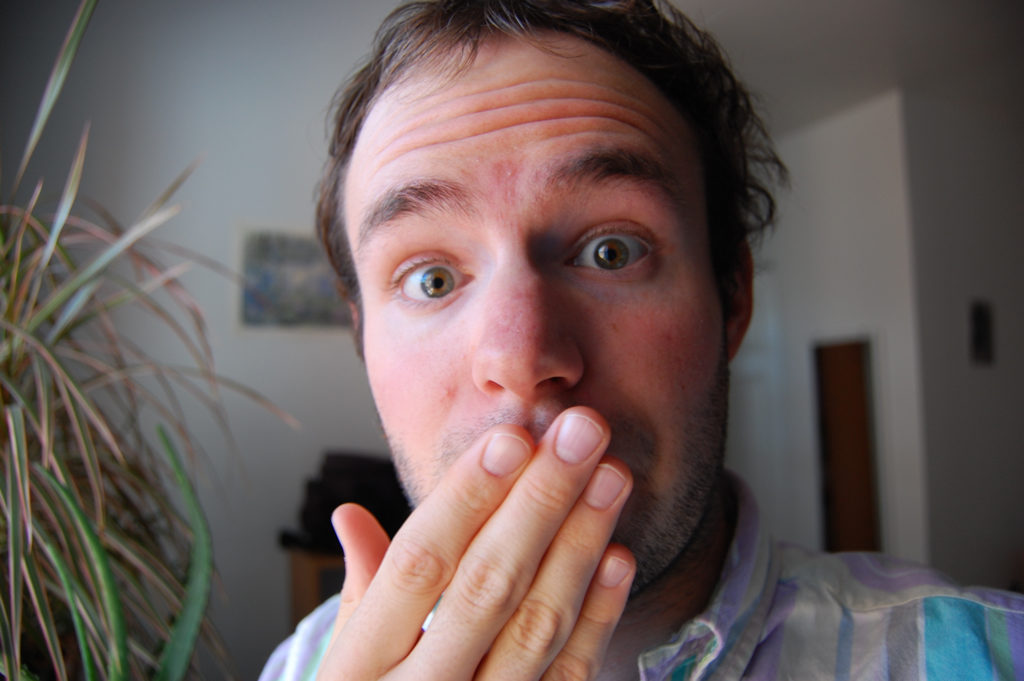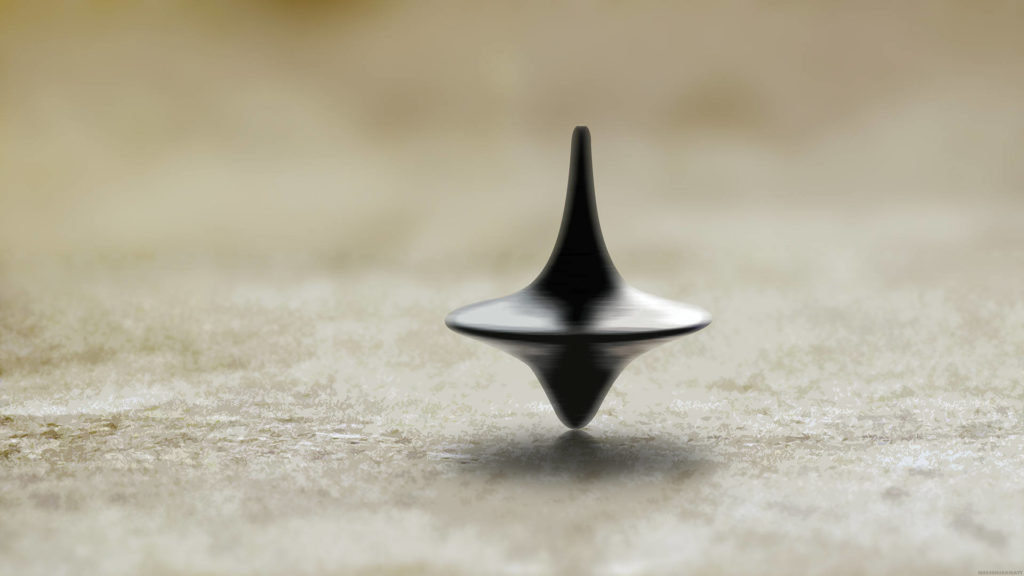“When you are afraid to make a mistake, you don’t allow yourself to find out what’s possible.”
Do you believe you’re a failure if you try something and it doesn’t work out?
That’s a very limiting belief.
Albert Einstein said, “Anyone who has never made a mistake has never tried anything new.” To Einstein mistakes were learning opportunities. You’ll find that most successful people make a lot of mistakes along the way but they don’t let that stop them. They learn from their mistakes and use them as stepping stones from what doesn’t work to what will.
Most of us remember the experience of being shamed for our errors when we were kids. Parents, teachers and especially other kids are quick to ridicule mistakes. Perhaps you raised your hand in second grade, made a mistake, and were embarrassed in front of the class. Or witnessed it happen to someone else. Such a moment can be traumatic. It’s not uncommon for a part of you to get stuck in the past experience. We end up having a subconscious, or even conscious, aversion toward any situation which reminds us of that uncomfortable incident.
Now we’re adults but when faced with trying something new, we may still be operating with a second grader’s fear of being wrong. This keeps many people feeling closed-in, timid, and small. The fear of being wrong can stop you in your tracks. At the very least it slows down your energy, limits your abundance, and stifles your creativity. When you are afraid to make a mistake, you don’t allow yourself to find out what’s possible.
“When I told my friends I was going to be a comedian, they laughed at me.” ~ Carrot Top
If you’re interested in finding out what’s possible, it helps if you’re willing to try a few things that might not succeed. Are you willing to move beyond your current limits and be willing to risk making a few mistakes? Outside of the rare case where taking a risk involves life, limb or large sums of money, the main thing you’re likely to risk is injury to your ego.
I’ve noticed that creative, successful people are much more comfortable with their “failures” than the average person. They’ve learned to remain powerful in the face of “no.” In order to do that, you have to get comfortable with making mistakes and maybe even doing so in public. I’m not saying that making a mistake is fun, though it can be.
If you affirm that mistakes are simply information or feedback, it will make things much easier. If you keep on experimenting, you will develop the character trait of persistence. Some people might say you’re a fool, but when you move past your previous limitations, the same people will think you are amazing.
You’re not a failure if you make a mistake. You’re only a failure if you let mistakes stop you.
“I’m not a genius. I’ve just made a lot more mistakes than most people.” ~ Buckminster Fuller
Photo Credit
Related Articles:
The Magic of Seeing Something in a New Way
How to Hack Your Personal Storybook
Pamela Slim Asks, “Who Do You Think You Are?”
”


